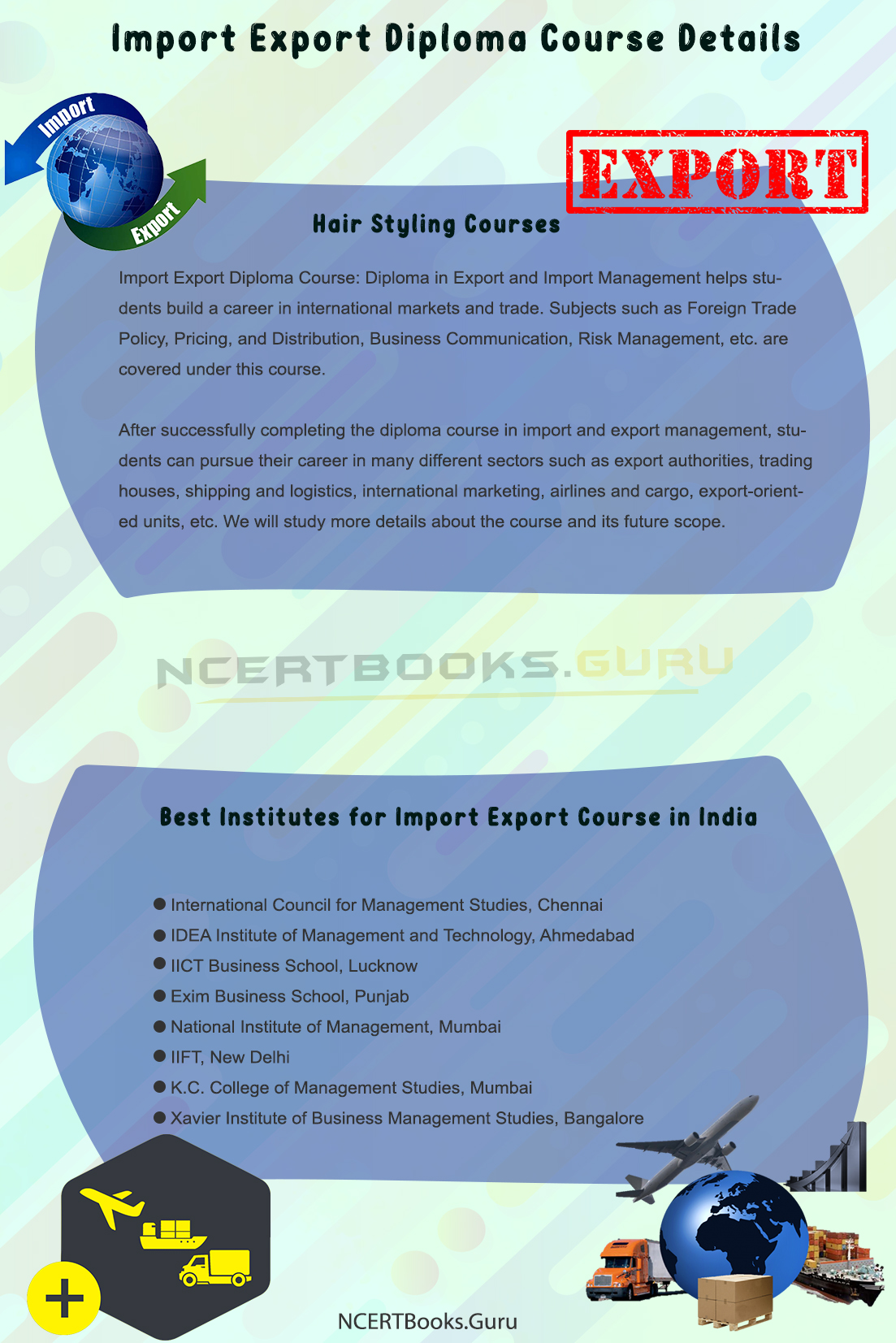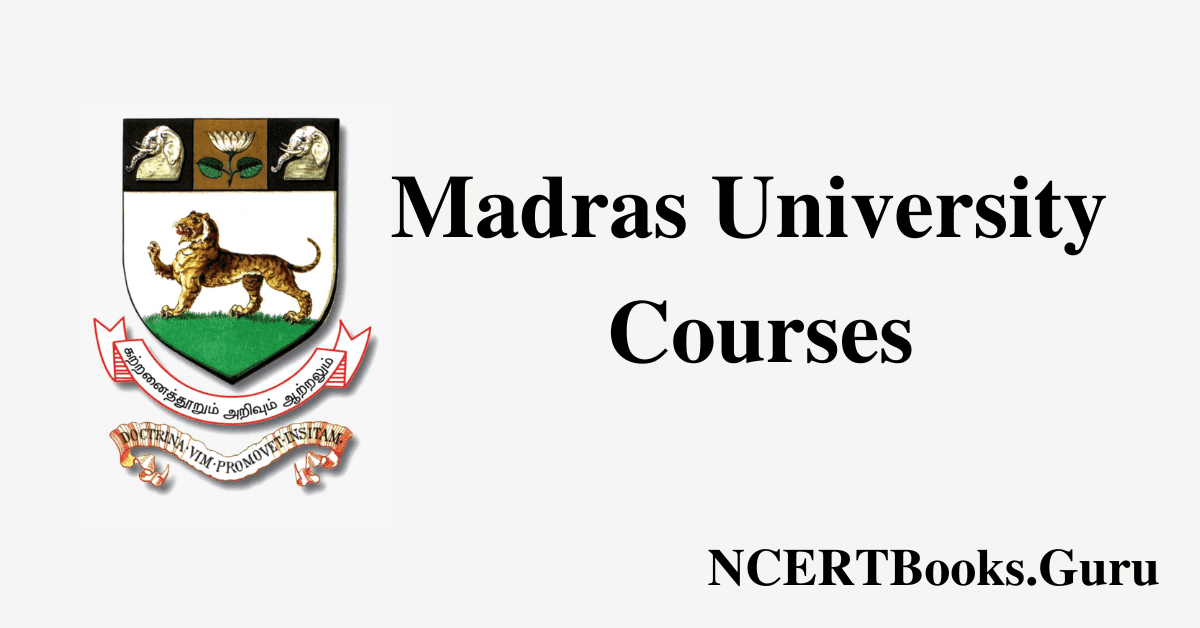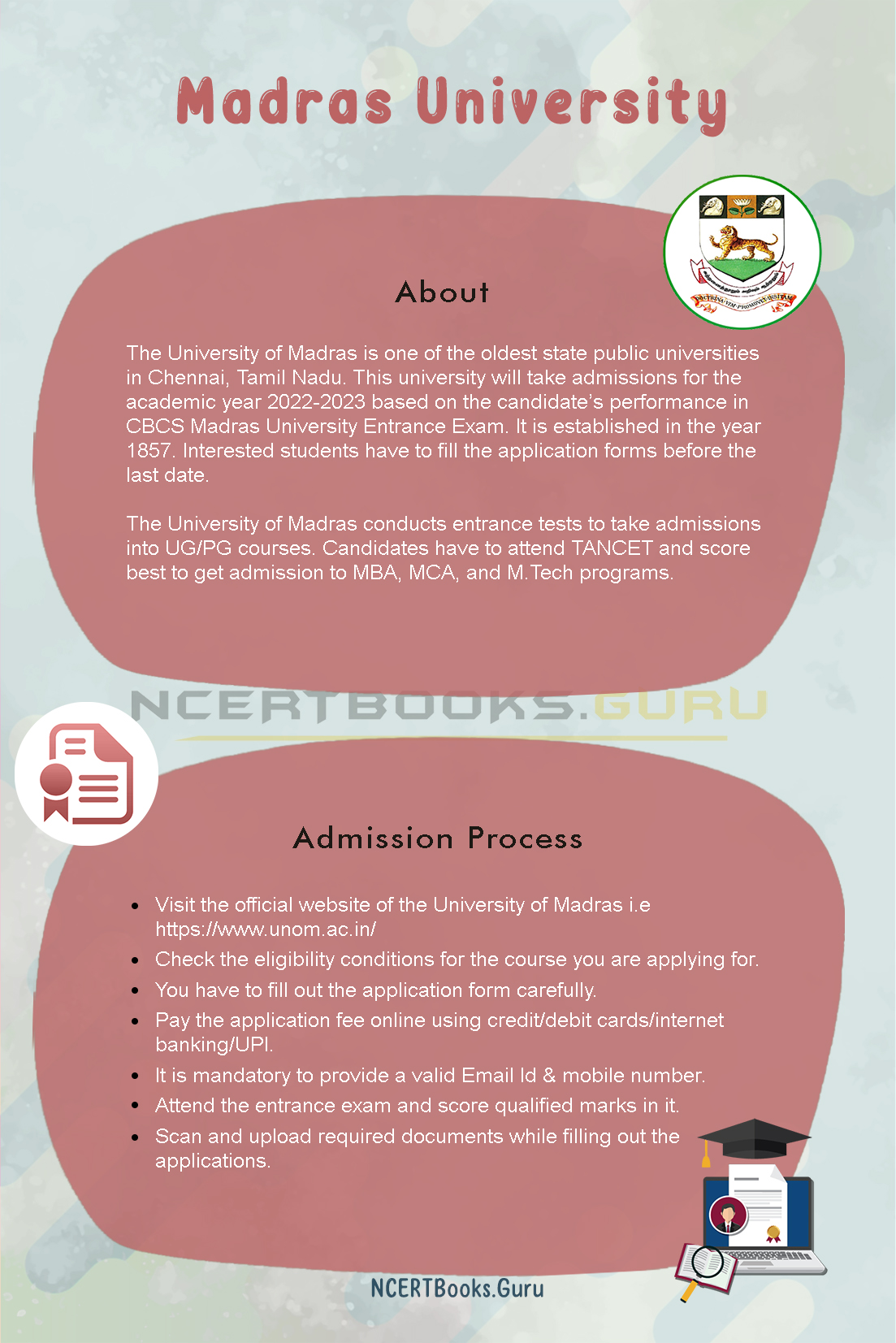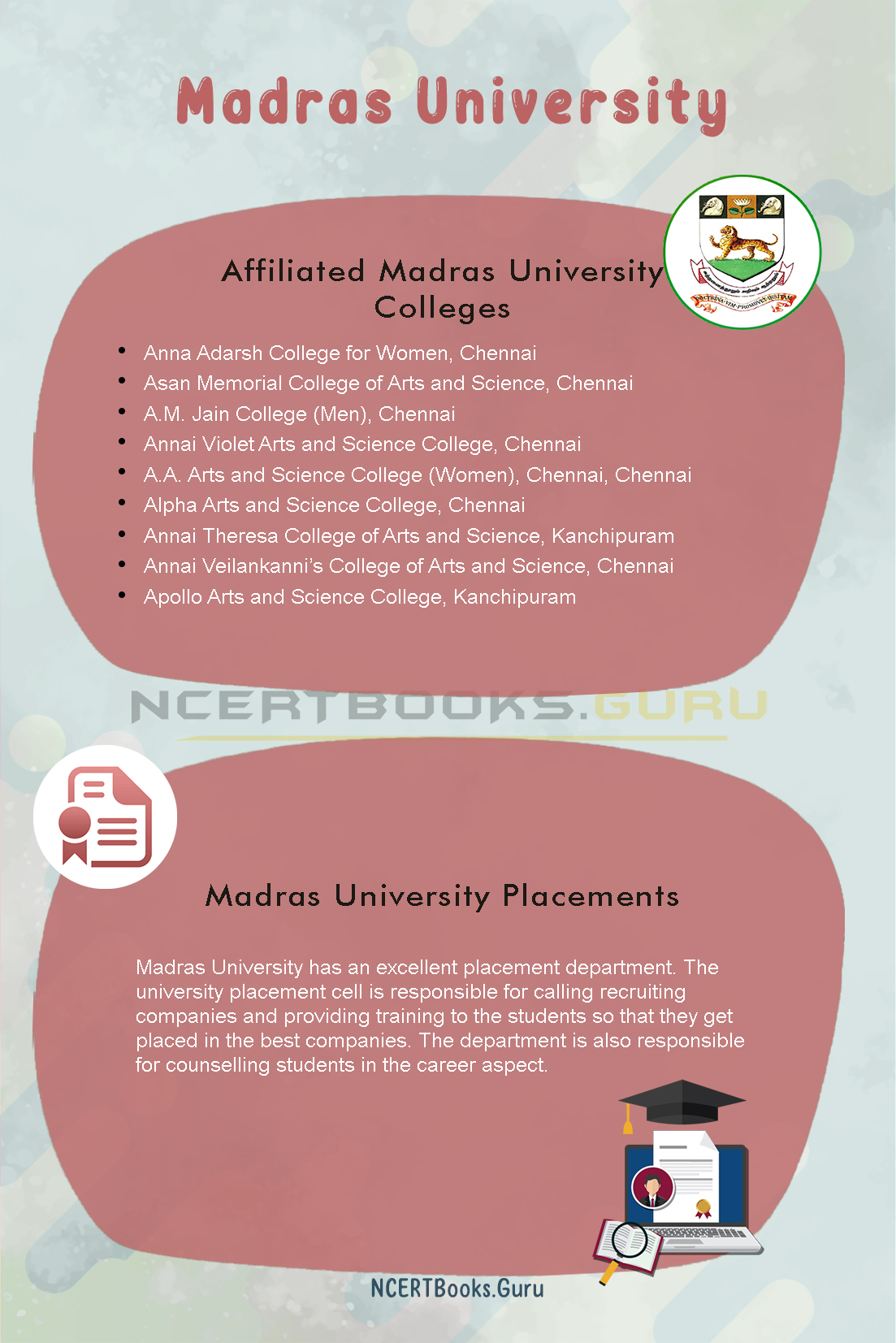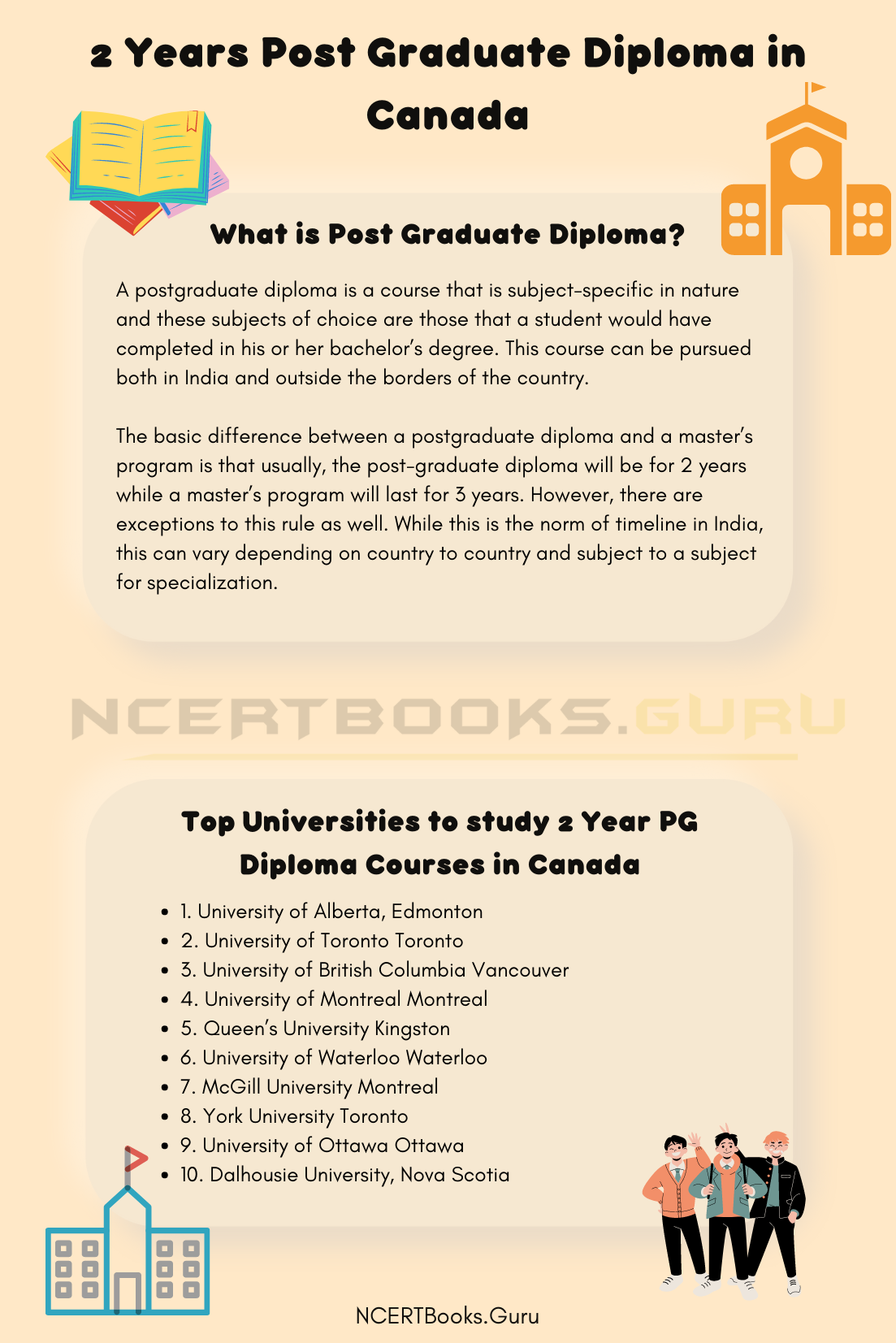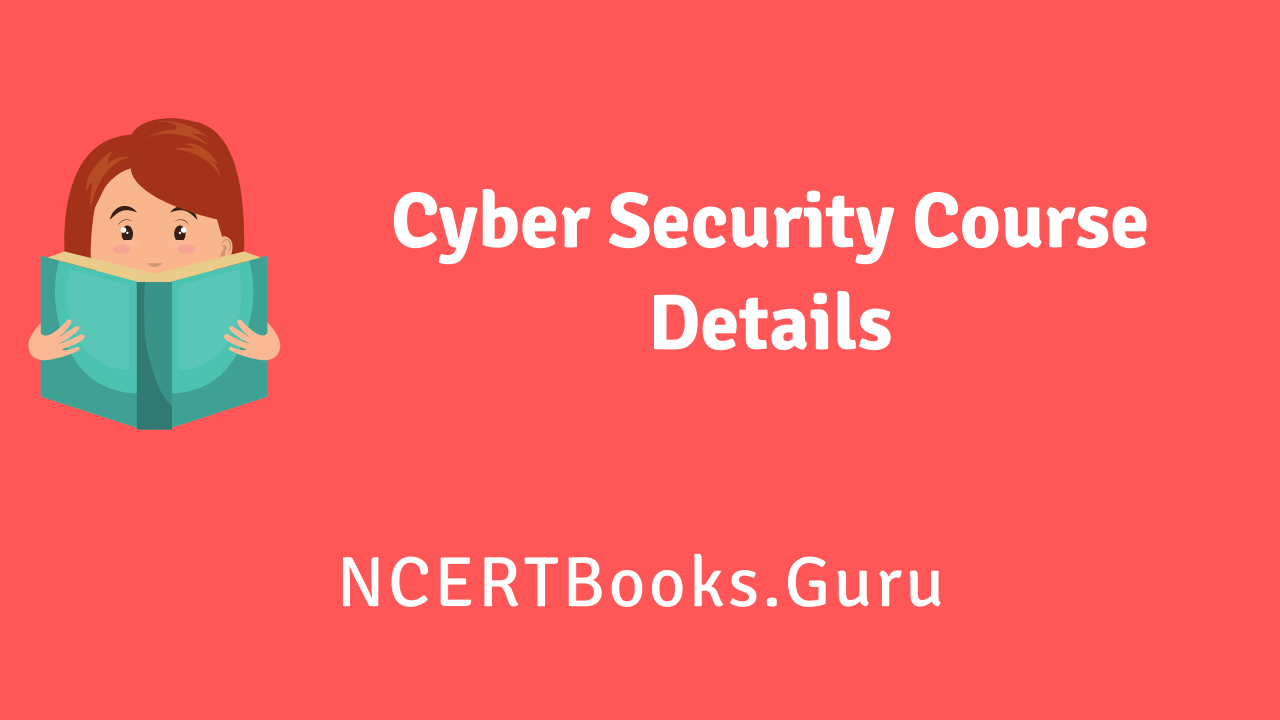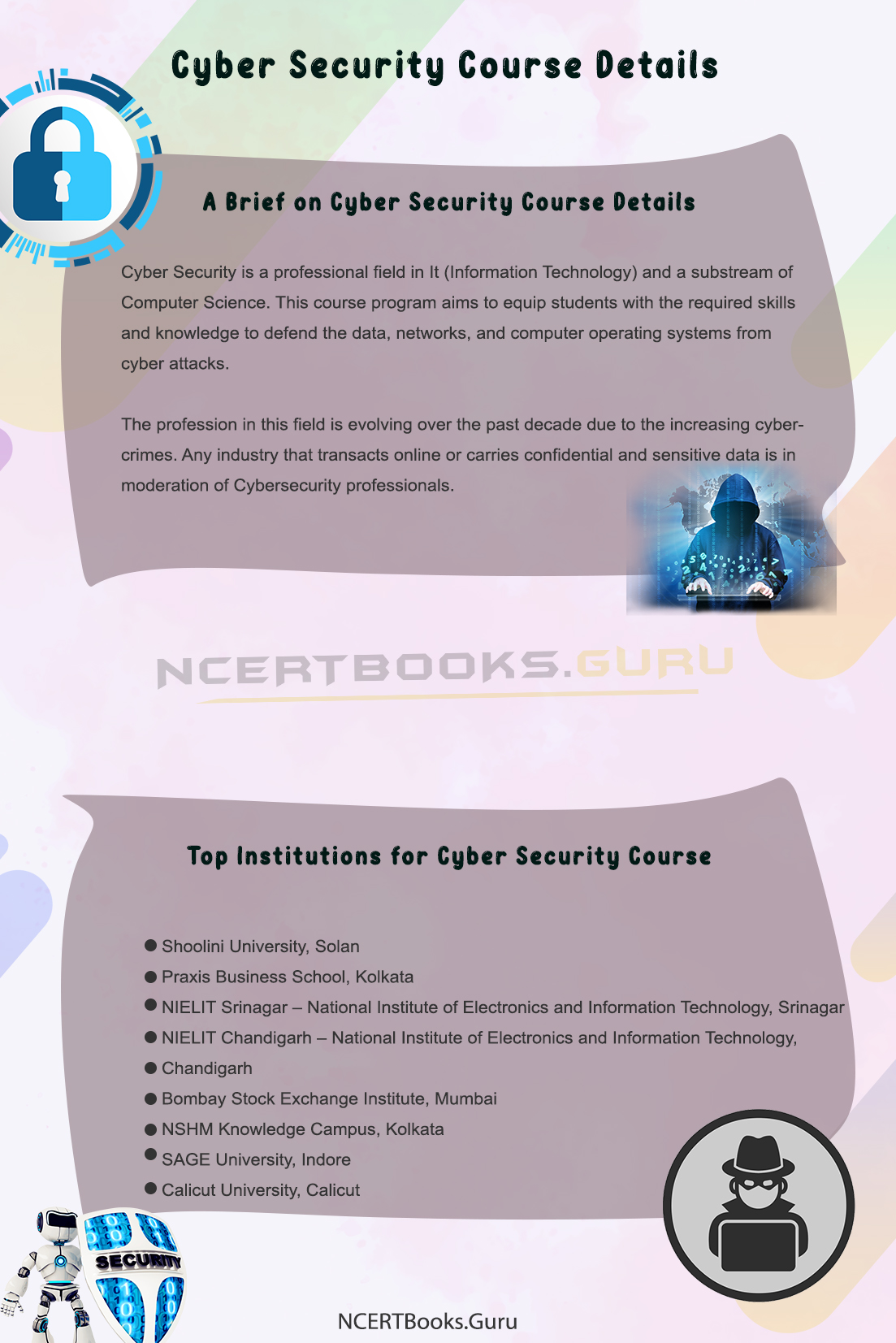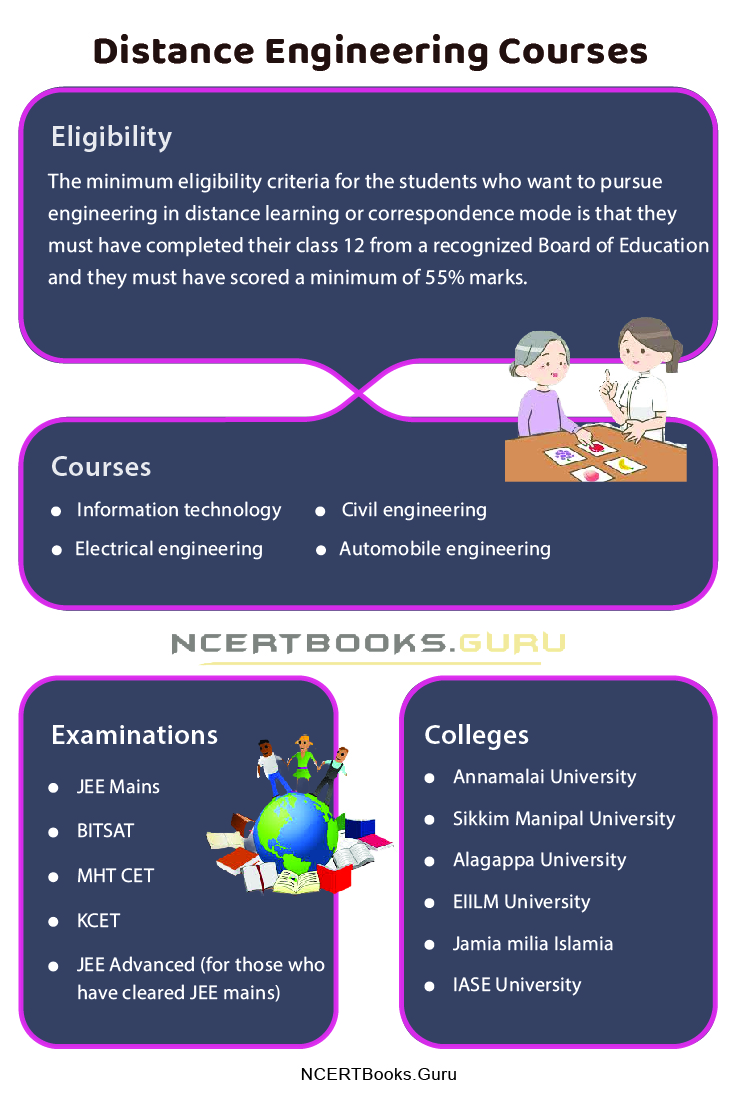Master of Science Courses: If you have graduated and now looking to pursue or pursuing Post Graduation in Science, and are facing a lot of queries related to Top M.Sc courses, this article, presents you a brief about the Master of Science Courses, such as Course Details, Admission process, Course duration, Eligibility criterion, Top Institutions, and Vocation possibilities.
What is an M.Sc Course?
M.Sc is a two-year-long postgraduate course that offers advanced knowledge in specialized Science. The postgraduate course program offers crucial and technical aspects regarding industrial work ethics and applications of Science.
Master of Science is a research-based postgraduate program that concentrates on a particular area and topic and offers an in-depth and comprehensive theoretical and practical knowledge base to students.
Some popular specializations in the field of M.Sc are Biological Science, Chemistry, Physics, Economics, Atmospheric Science, Clinical Psychology, Zoology, Environmental Science, Botany, Meteorology, Information Technology, Geology, Mathematics, Electronics, Biotechnology, and Organisational Leadership.
| Course Name |
M. Sc. |
| M.Sc full form |
Master of Sciences |
| Course Level |
Postgraduate-level |
| M.Sc Course Duration |
Two years with four semesters. |
| Age Limit |
Age limit criteria are not applicable as anyone interested can pursue this course program after graduation. |
| Eligibility Criteria |
10+2 level of graduation secured from a recognized board with a minimum of 55 percent aggregate. |
| Placement Opportunities |
Government Sector, Private Sector, Research, Teaching, ISRO, BHEL, Railways, BAARC, and more. |
| Employment Roles |
Scientist, Lab Technician, Professor, Statistician, Assistant Professor, Field Officer, Junior Software Engineer, and more. |
| Average Salary Offered |
Rs. 8 Lakhs per annum |
| Advanced Courses |
P.hD and M.Phil |
| Similar Courses |
MBA, MCA, M.Com, MA, MSC.MBA |
Types of M.Sc Courses in India
M.Sc course is divided into three major types-
- M.Sc: A core full-time postgraduate program, which is a research-based degree.
- Part-time M.Sc: A part-time postgraduate program that spaces out the same academic content over fewer hours per week for working professionals.
- M.Sc Online: A short online program using e-learning technology can be viewed from campus to the office or home.
Get to Know More about other types of Course Details Streamwise, and Category wise.
M.Sc Course Specializations
M.Sc offers a plethora of specializations in the field of Science and its applications at an advanced level. Through the M.Sc degree, you can specialize in various areas, and a few of the specializations are as follows-
| Top M.Sc Courses |
Course Duration |
Course Specialization |
| M.Sc. in Advertising Management and Public Relations |
Two Years |
Advertising, Marketing, Public Relations, and Communication. |
| M.Sc. in Agroforestry |
Two Years |
Agricultural and Forestry technologies to create more profitable, diverse, healthy, and productive land-use systems. |
| M.Sc. in Agronomy |
Two Years |
Principles of Crop Nutrition, Crop Production, Herbicides, and Crop Production, Physiology of Drought, Physiological Aspect of Crop Yield, and Physiology of Crop Plants. |
| M.Sc. in Anthropology |
Two Years |
Prehistoric Archaeology, Social, Political, and Economic Anthropology. |
| M.Sc. in Aquaculture |
Two Years |
Fish Nutrition, Aquatic Toxicology, Fish diseases, Biodiversity, Immunology, and Endocrinology |
| M.Sc. in Architecture |
Two Years |
Contemporary Architecture, Computer Applications in Architecture and Planning, Urban Design, and Advanced Landscape Design. |
| M.Sc. in Astrophysics |
Two Years |
Space Physics, Applied Mathematics, Quantum Mechanics, Positional Astronomy, and Plasma Physics. |
| M.Sc. in Biochemistry |
Two Years |
Genetic Engineering, Immunology, Enzymes, Proteins, Biochemical, Molecular Biology, and Biophysical Techniques |
| M.Sc. in Biodiversity and Conservation |
Two Years |
Environmental Law, Species Conservation, Biodiversity Management, and Ecological Field Techniques |
| M.Sc. in Bioinformatics |
Two Years |
Computational Mathematics, Information Technology, Molecular Biology, Bioinformatics, and Statistics. |
| M.Sc. in Biological Sciences |
Two Years |
Biochemistry, Ecology, Biophysics, Cell Biology, Evolutionary Biology, Neuroscience, Genetics, and Neurobiology. |
| M.Sc. in Botany |
Two Years |
Algae and Fungi, Chemical Properties, Reproduction, Plants, Growth, Taxonomic Groups, Development, Evolutionary Relationships among, and Diseases, Structure. |
| M.Sc. in Chemistry |
Two Years |
Organic Chemistry, Analytical Chemistry, and Inorganic Chemistry. |
| M.Sc. in Clinical Psychology |
Two Years |
Adult Mental Health, Geriatrics and Health Psychology, Child Mental Health, Emotional Disturbances, Learning Disabilities, Emotional Disturbances, and Substance Abuse. |
| M.Sc. in Dairy Engineering |
Two Years |
Dairy Sciences and the Study of Dairy Products using the concepts of Engineering. |
| M.Sc. in Economics |
Two Years |
Economics, Applied Economics, and Econometrics. |
| M.Sc. in Electronics |
Two Years |
Semiconductor electronics, DSP, Material Science, IC Technology, Digital, and Analog Electronics. |
| M.Sc. in Environmental Science |
Two Years |
Geo-Environment and Meteorology, Solid Waste Management, Environment Chemistry and Toxicology, and Environmental Technology. |
| M.Sc. in Geology |
Two Years |
Mineralogy, Optics, Hydrogeology, Crystallography, Environmental Geology, Metamorphic Petrology, Stratigraphy, and Palaeontology. |
| M.Sc. in Human Development |
Two Years |
Early Childhood Care and Education, Parenting in Early Childhood, Child, and Human Rights. |
| M.Sc. in Information Technology |
Two Years |
Advanced JAVA Programming Language, Software Engineering and Management, Interactive Computer Graphics, Algorithm Design, and Analysis. |
| M.SC in Computer Science |
Two Years |
| M.Sc. in Mass Communication and Journalism |
Two Years |
Media Appreciation and Research, Media Policy and Technology, and Applied Communication. |
| M.Sc. in Mathematics |
Two Years |
Probability Theory, Algebraic Geometry, Theoretical Computer Science, Global Analysis, and Number Theory. |
| M.Sc. in Microbiology |
Two Years |
Bioinstrumentation, Molecular Immunology, Food, and Dairy Microbiology, and Microbial Physiology. |
| M.Sc. in Molecular Biology |
Two Years |
Bioinstrumentation, Molecular Immunology, Food, and Dairy Microbiology, and Microbial Physiology. |
| M.Sc. in Molecular Biology |
Two Years |
Biostatistics, Physical, Biochemistry, Applied Molecular Biology, and Biochemical Techniques |
| M.Sc. in Neuroscience |
Two Years |
Biochemistry, Neuron Organization, Cell Biology, Genetics, and Molecular Biology. |
| M.Sc. in Optometry |
Two Years |
Orthotics, Behavioural Optometry, and Paediatric Optometry. |
| M.Sc. in Physics |
Two Years |
Nuclear Physics, Cosmology, Geophysics, Condensed Matter Physics, and Astrophysics. |
| M.Sc. in Psychology |
Two Years |
Neuro-Psychology, Psychometrics, and Cognitive Psychology. |
| M.Sc. in Statistics |
Two Years |
Finance, Social Sciences, and Econometrics. |
| M.Sc. in Tourism |
Two Years |
Tourism Business, Tourism Marketing, Computer Applications in Tourism, Tour Packaging Management, and Airlines Ticketing. |
| M.Sc. in Zoology |
Two Years |
Parasites and Immunity, Ecological theories and applications, Endocrinology, Comparative Animal Physiology, and Neuroscience. |
Skillset Required for Master of Science Courses
Candidates opting for the M.Sc course programs must hold the following skillsets-
- Research skills
- Determination
- Problem-solving skills
- Observational skills
- Attention to detail and accuracy
- Ability to work in a team
- Patience
- Scientific skills
- Determination
- Analytical skills
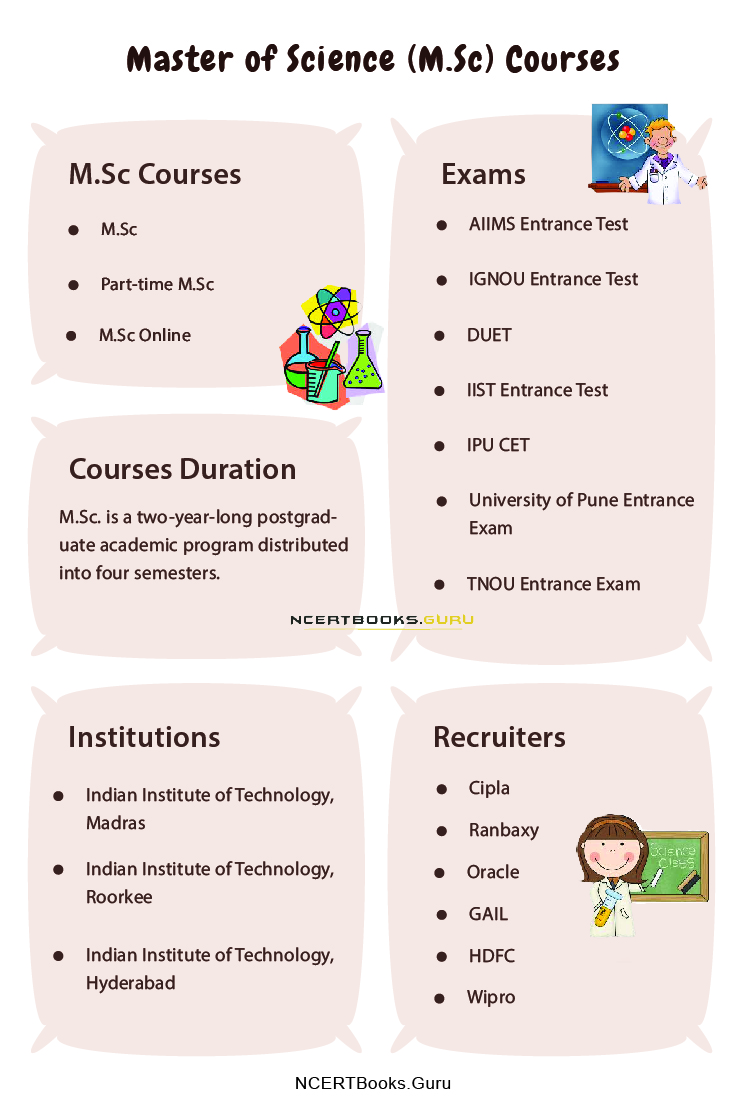
Master of Science Courses Duration
M.Sc. is a two-year-long postgraduate academic program distributed into four semesters. Each semester lasts for six months and covers a list of essential subjects about specialized science subjects.
Master of Science Courses Eligibility Criteria
To pursue any of the specialized courses that fall under the M.Sc program, candidates must have completed their 10+2 level of graduation from a recognized board with a minimum of 55 percent aggregate. However, the minimum total varies from one institution to another.
Master of Science Courses Admission Procedure
An admission procedure is granted for candidates who meet the eligibility criteria for M.Sc course programs. Some universities and institutions provide admissions without an entrance test, based on Personal Interview and academic performance.
Most colleges and universities conduct entrance tests for candidates, and the candidates who clear the admission test will only be given admission for M.Sc course programs.
Entrance Exams for M.Sc
Most university-based entrance examination for M.Sc course programs are-
- AIIMS Entrance Test
- IGNOU Entrance Test
- Osmania University Entrance Exam
- DUET
- IIT JAM
- The Wildlife Institute of India Entrance Exam
- IIST Entrance Test
- IPU CET
- University of Pune Entrance Exam
- Banaras Hindu University Entrance Exam
- Indian School of Mines Entrance Exam
- TNOU Entrance Exam
Master of Science Courses Fee Structure
The fee structure for the Master of Science course programs ranges from Rs. 20,000/- to Rs. 3 Lakhs per annum. Candidates seeking admissions at governmental universities have a lesser fee amount to that of private institutions.
M.Sc course fees structure may vary as per the university’s prestige, infrastructure, and the faculty and the government and management quotas.
Master of Science Course Program Syllabus and Subjects
The course curriculum for M.Sc course programs, namely Chemistry, Mathematics, Physics, and Biology, are tabulated below.
Preparation for M.Sc course programs becomes easy when you prepare prior, enhance accuracy, and problem-solving skills with a better grip on the subjects.
Each M.Sc course program focuses on specific topics and aims to develop a comprehensive and in-depth knowledge base.
The syllabus mentioned below is similar to those followed by the Major colleges in India.
Chemistry
- Stereochemistry and Reaction Mechanism
- Physical Chemistry Experiments Lab
- Spectroscopic Methods in Chemistry
- Analytical Chemistry
- Instrumental Methods of Analysis Lab
- Inorganic Chains, Rings, and Clusters
- Solid State Chemistry and Materials Science
- Group theory and Quantum Chemistry
- Inorganic Quantitative Analysis Lab
- Thermodynamics and Equilibria
- Qualitative Analysis Lab
- Synthetic Strategies and Pericyclic Reactions
- Inorganic Semimicro
Mathematics
- Topology and Functional Analysis
- Analytical Mechanics
- Advanced Functional Analysis
- Real Analysis
- Mathematical Statistics
- Differential Geometry
- Theory of Optimization
- Rings and Modules
- Theory of Approximation and Splines
- Solid Mechanics
- Algebra
- Electromagnetic Theory
- Methods of Mathematical Physics
- Operations Research
- Group Theory
- Special Theory of Relativity
- Numerical Analysis
- Fluid Mechanics
- Complex Analysis
- Number Theory
- Mechanics
- Computer Applications
Physics
- Mechanics of Deformable Elastic Solids
- Modern Optics
- Mathematical Physics
- Electronics
- Electromagnetic Theory
- Physics of Semiconductor Devices
- Quantum and Statistical Physics
- Crystal Physics
- Mechanics
Biology
- Methods in Applied Sciences
- Genes and Genomics
- Recombinant DNA Technology
- Research Methodology and IPR
- Metabolism and Metabolomics
- Cell Biology
- Biostatistics and Bioinformatics
- Proteins and Proteomics
Master of Science Course Program Subjects
Chemistry
| Semester I |
Semester II |
| Group theory and Quantum Chemistry |
Spectroscopic Methods in Chemistry |
| Inorganic Semimicro |
Thermodynamics and Equilibria |
| Inorganic Chains, Rings, and Clusters |
Elective – I |
| Instrumental Methods of Analysis Lab |
Qualitative Analysis Lab |
| Stereochemistry and Reaction Mechanism |
Synthetic Strategies and Pericyclic Reactions |
| Physical Chemistry Experiments Lab |
Solid State Chemistry and Materials Science |
| Analytical Chemistry |
Inorganic Quantitative Analysis Lab |
| Semester III |
Semester IV |
| Spectroscopic Identification of Molecules |
Industrial Catalysis |
| Bioorganic, Heterocyclic, and Photochemistry |
Polymer Science |
| Organic Qualitative Analysis Lab |
Elective – IV |
| Coordination Chemistry |
Surface Science and Coating Technology |
| Chemistry of Biomolecules |
Bioanalytical Chemistry |
| Elective – II |
Electives |
| Bioinorganic and Organometallic Chemistry |
Medicinal Chemistry |
| Organic Quantitative Analysis Lab |
Nano-Chemistry and Technology |
| Elective – III |
Project |
| Electrochemistry and Kinetics |
Green Chemistry |
Mathematics
| First Year Syllabus |
Second Year Syllabus |
| Numerical Analysis |
Analytical Mechanics |
| Group Theory |
Electromagnetic Theory |
| Complex Analysis |
Theory of Optimisation |
| Mathematical Statistics |
Number Theory |
| Computer Applications |
Theory of Approximation and Splines |
| Methods of Mathematical Physics |
Special Theory of Relativity |
| Mechanics |
Operations Research |
| Differential Geometry |
Rings and Modules |
| Algebra |
Advanced Functional Analysis |
| Topology and Functional Analysis |
Solid Mechanics |
| Real Analysis |
Fluid Mechanics |
Physics
| First Year Syllabus |
Second Year Syllabus |
| Electromagnetic Theory I |
Electronics I |
| Laboratory |
Modern Optics |
| Mathematical Physics |
Mechanics II Quantum and Statistical |
| Mechanics of Deformable Elastic Solids |
Laboratory |
| Mechanics I- Quantum and Statistical |
Electromagnetic Theory II and Crystal Physics |
|
Physics of Semiconductor Devices |
Biology
| Semester I |
Semester II |
| Cell Biology |
Methods in Applied Sciences |
| Genes and Genomics |
Metabolism and Metabolomics |
| Biostatistics and Bioinformatics |
Research Methodology and IPR |
| Proteins and Proteomics |
Recombinant DNA Technology |
| Semester III |
Semester IV |
| Research Project |
Clinical Immunology |
|
Introduction to Pharmacology |
|
Molecular Oncology and Molecular Medicine |
|
Recent Advances in Biology |
Have a look at the best M.SC books which are helpful during the Master of Science Course.
Top Institutions Offering Master of Science Courses
A few of the top institutions offering M.Sc course programs are as follows:
- Indian Institute of Technology, Madras
- Indian Institute of Technology, Roorkee
- National Institute of Technology, Karnataka
- Indian Institute of Technology, Guwahati
- Indian Institute of Technology, Bombay
- All India Institute of Medical Sciences
- National Institute of Technology, Rourkela
- Indian Institute of Technology, Hyderabad
- Indian Institute of Technology, Kanpur
Also, See:
Master of Science Courses Employment Prospects
M.Sc course programs open doors to a plethora of employment opportunities in both the public and private sectors. Candidates interested in research can opt for doctorate and research programs at various universities and institutions.
M.Sc degree graduates can get employed in various fields like defense, education, public sector, aerospace industries and automotive, technology, healthcare, energy, materials, computing, and information technology.
After the completion of M.Sc course programs, candidates can also pursue higher studies such as M.Phils or Ph.D. courses.
M.Sc in Physics candidates with a good percentage can apply for employment opportunities at NASA.
M.Sc course programs offer multiple employment opportunities in India but also overseas.
Employment Areas
Upon the completion of M.Sc, graduates find placements in both non-traditional and traditional areas of employment such as-
- Research
- ONGC
- Government Sector
- BAARC
- Teaching
- NTPC
- Banks
- BHEL
- Railways
- ISRO
- Private Sector
- HPCL
Job Holdings
M.Sc graduates can pursue multiple job profiles depending on the company or institution such as-
- Professor
- Lab Technician
- Researcher and accountant
- Field Officer
- Quantitative Developer
- Research Assistant
- Manager
- Statistician
- Scientist
- Junior Software Engineer
- Assistant Professor
Top Recruiters for Master of Science Graduates
Multiple institutions and companies recruit M.Sc graduates from the field of specialized science.
- Cipla
- HCL
- Ranbaxy
- Oracle
- GAIL
- Infosys
- HDFC
- GlaxoSmithKline
- ICICI
- ONGC
- Wipro
Salary and Pay Package of Master of Science Courses
An M.Sc degree graduate fresh in the field earns an average pay package of Rs.25,000 to Rs. 35,000 per month (Rs. 7.95 Lakhs per annum). However, the salary package differs for companies in both private and governmental sectors.
Salaries also depend upon several factors: the company size, location, working field, sector, qualification, and experience.
FAQ’s on Master of Science Courses
Question 1.
What is the scope of M.Sc course programs?
Answer:
Job Oriented M.Sc courses are high in-demand, and any candidate can gain a respectable job in this area upon completion with good grades. Candidates can also opt for various specializations in the M.Sc program. Each M.Sc discipline holds excellent opportunities in the field of Medicine, Petrochemical, Chemical, and Polymer industries.
Question 2.
What are a few reference books and study materials for M.Sc course programs?
Answer:
Reference materials for M.Sc course programs are Inorganic Chemistry by Shriver and Atkins, Zoology – A Complete Guide by Dr. Anita Sehgal, Classical Mechanics by H.Goldstein, Narosa, A Manual of Botany by Bahadur, R Acharik, and Principle of Mathematical Analysis by Walter Rudin.
Question 3.
What are the eligibility requirements to meet for M.Sc course programs?
Answer:
To pursue any of the specialized courses that fall under the M.Sc program, candidates must have completed their 10+2 level of graduation from a recognized board with a minimum of 55 percent aggregate. However, the minimum total varies from one institution to another.
Question 4.
Name a few entrance examinations for M.Sc course programs?
Answer:
Most university-based entrance examination for M.Sc course programs are- AIIMS Entrance Test, IGNOU Entrance Test, Osmania University Entrance Exam, DUET, IIT JAM, The Wildlife Institute of India Entrance Exam, IIST Entrance Test, IPU CET, University of Pune Entrance Exam, and more.
